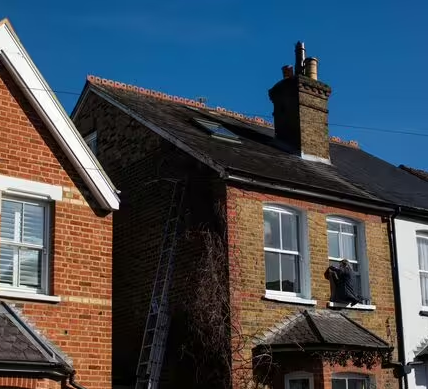Petrol prices have at least gone down slighlty compared to October.

The cost of running a petrol car has dropped to about 17p per mile (Image: Getty)
Petrol drivers are facing 17p per mile charges in November, irrespective of any possible pay-per-mile plans announced by Chancellor Rachel Reeves in her Budget at the end of the month.
According to the latest RAC figures for petrol, the average price per litre dropped by the end of October for the first time in months.
By the start of November, the price of petrol had dropped to 134.97p per litre, down by 0.58p from 135.55p at the start of October.
According to motoring and insurance website Nimbelfins, the average fuel economy of UK petrol cars is 36mpg, which means that, based on the current price per litre, it currently costs 17p per mile to run a petrol car, not including any other costs such as maintenance.
RAC head of policy Simon Williams said: “It’s good to see prices at the pumps have fallen slightly in October, reversing the increase drivers experienced in September.
“Our analysis shows that while it’s cheaper on average to fill up at supermarkets, it’s also worth seeking out low-priced independent forecourts that can offer great value petrol and diesel. The best advice is to keep a close eye out for low prices on your normal routes or, better still, use the myRAC app to search for the best prices in your area.”
It’s been heavily rumoured that the government could be looking at levying a new pay-per-mile tax, specifically for electric cars, dubbed ‘a poll tax on wheels’.
Chancellor Rachel Reeves will unveil a policy to introduce a 3p-per-mile tax for EVs when she delivers her November 26 Budget, the Daily Telegraph reported.
Coupled with the average cost of charging an EV at home, this would bring the cost to run an electric car to between 5p and 11p per mile.
The scheme is set to be implemented in 2028 following a consultation, and would cost EV drivers an average of £250 per year, according to the newspaper.
Motoring groups expressed concern that such a tax could put some people off from switching to electric cars.
The Treasury faces a reduction in revenue from fuel duty as more drivers move from petrol or diesel cars to EVs.
Successive governments have found the prospect of introducing per-mile charges for driving – sometimes referred to as road pricing – too politically toxic.
Reports said Ms Reeves’s EV scheme will involve users estimating how far they will drive over the following 12 months, and making an extra payment on top of vehicle excise duty (VED).
If they drive more they will need to top up this amount, while some of the money would carry over to the next year if someone clocks up fewer miles.
Journey examples of a 3p-per-mile fee include £12 between London and Edinburgh, £5 between Cambridge and Bristol, and £2 between Liverpool and Leeds.
EVs’ exemption from road tax, officially called VED, was removed in April.
A Government spokesperson said: “Fuel duty covers petrol and diesel, but there’s no equivalent for electric vehicles.
“We want a fairer system for all drivers whilst backing the transition to electric vehicles, which is why we have invested £4 billion in support, including grants to cut upfront costs by up to £3,750 per eligible vehicle.
“Just as it is right to seek a tax system that fairly funds roads, infrastructure and public services, we will look at further support measures to make owning electric vehicles more convenient and more affordable.”
